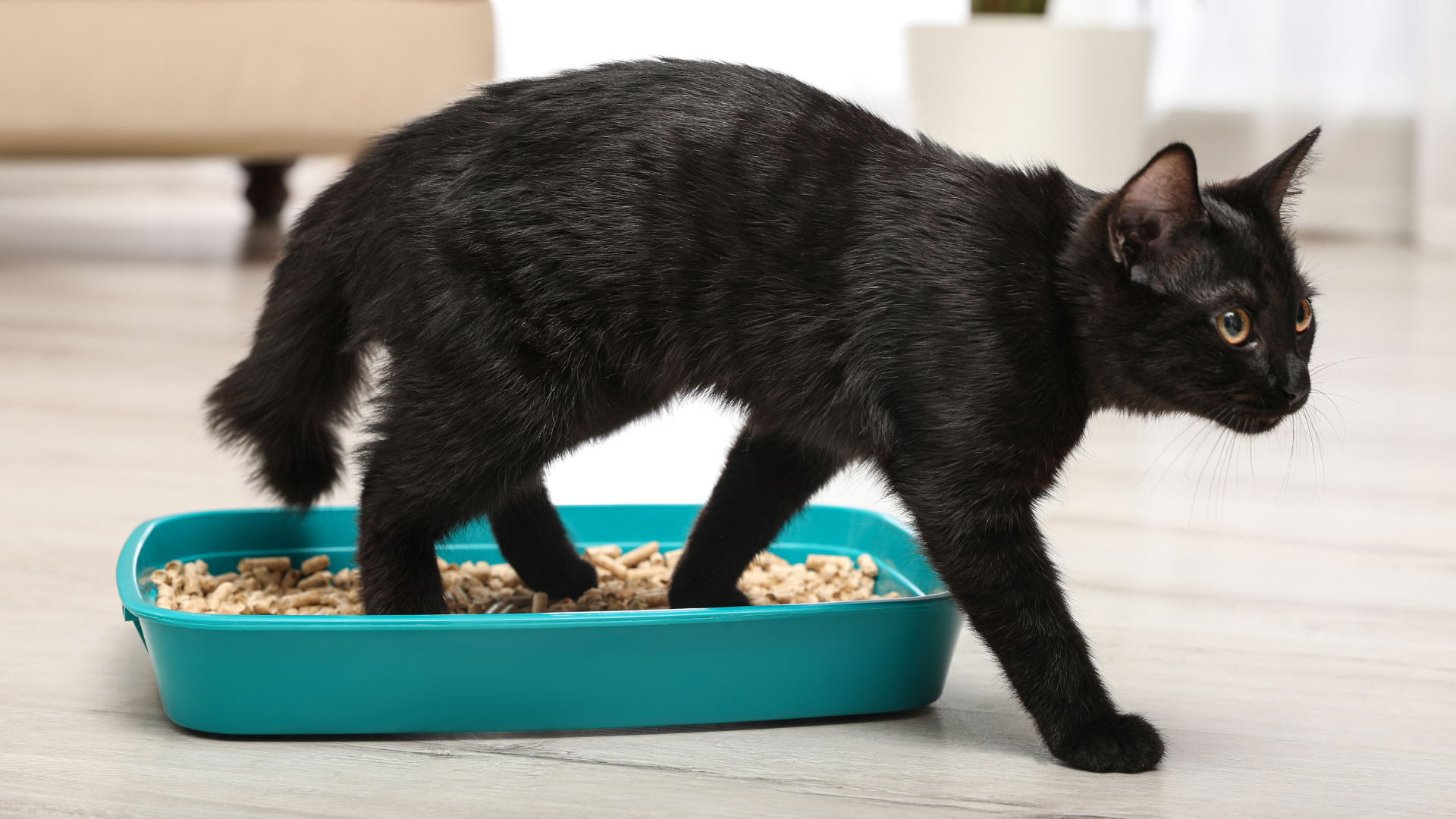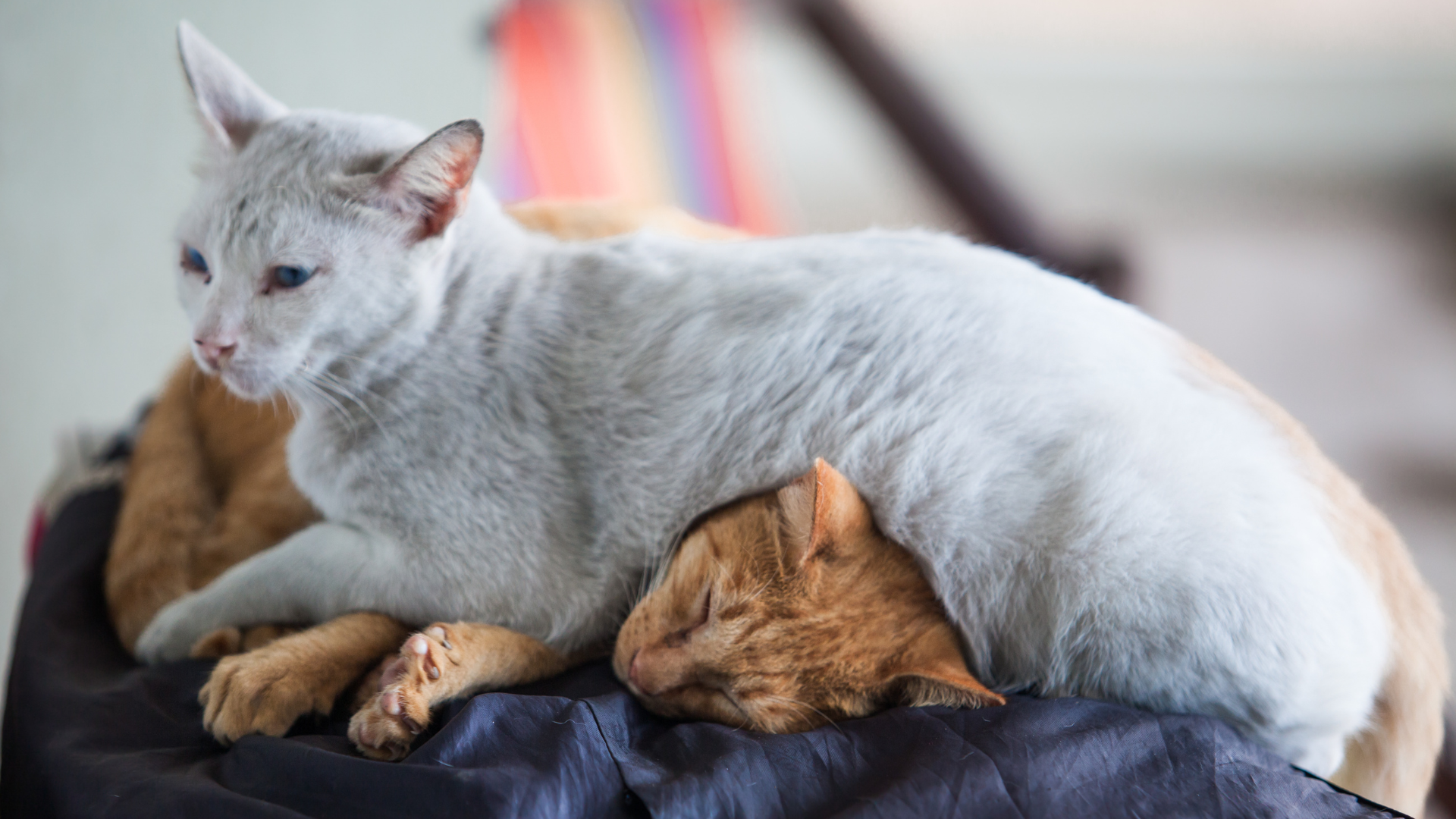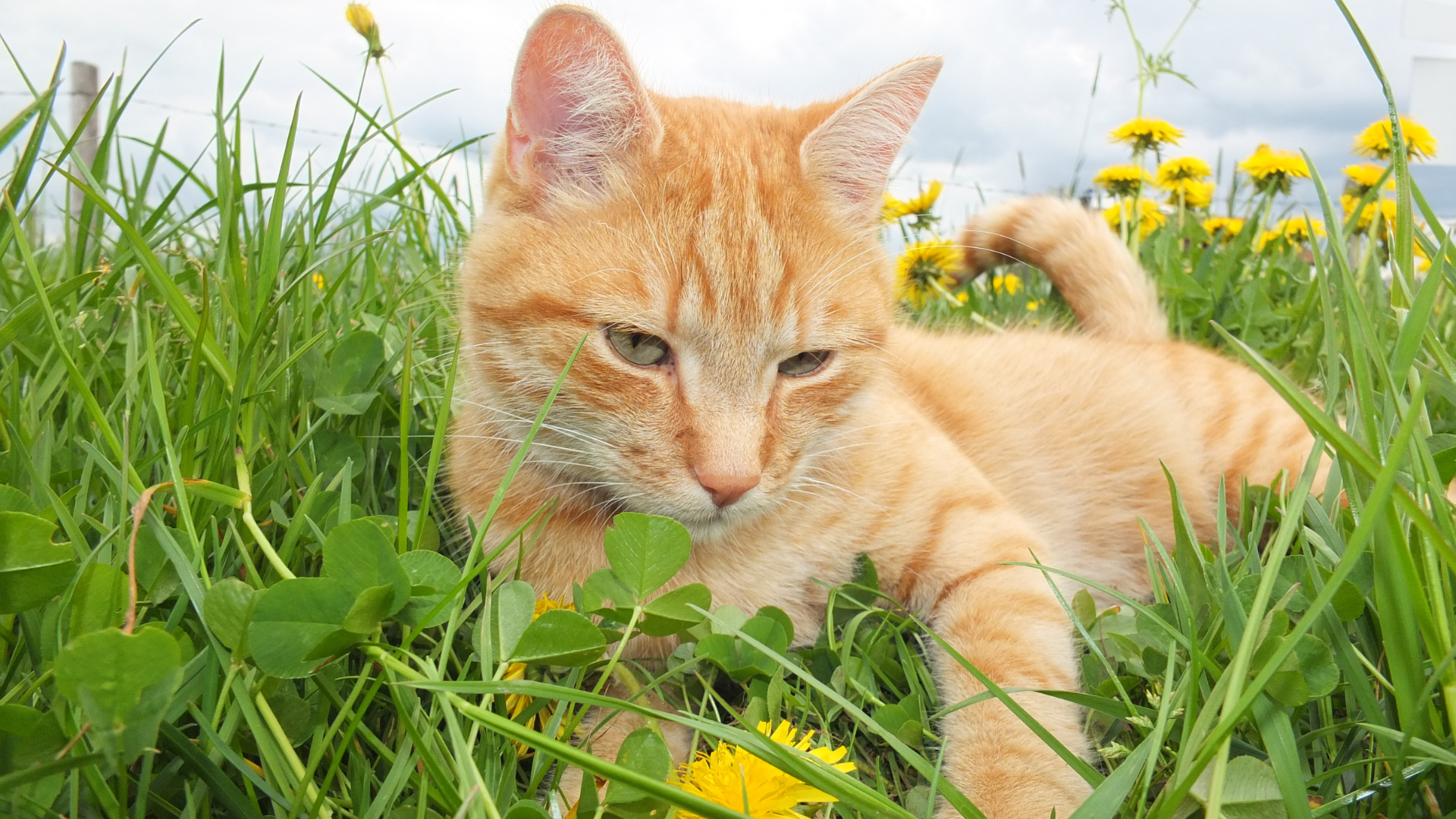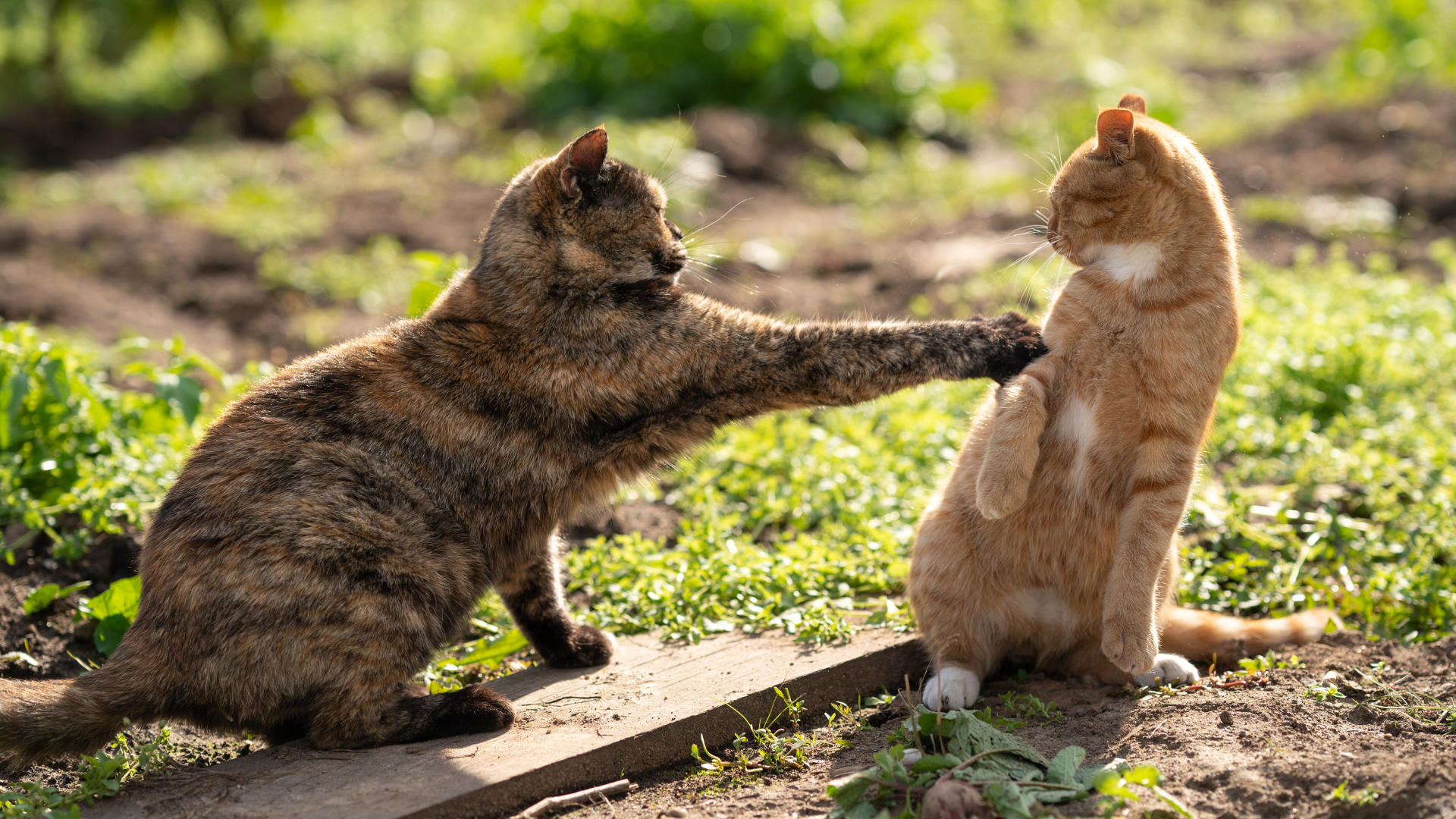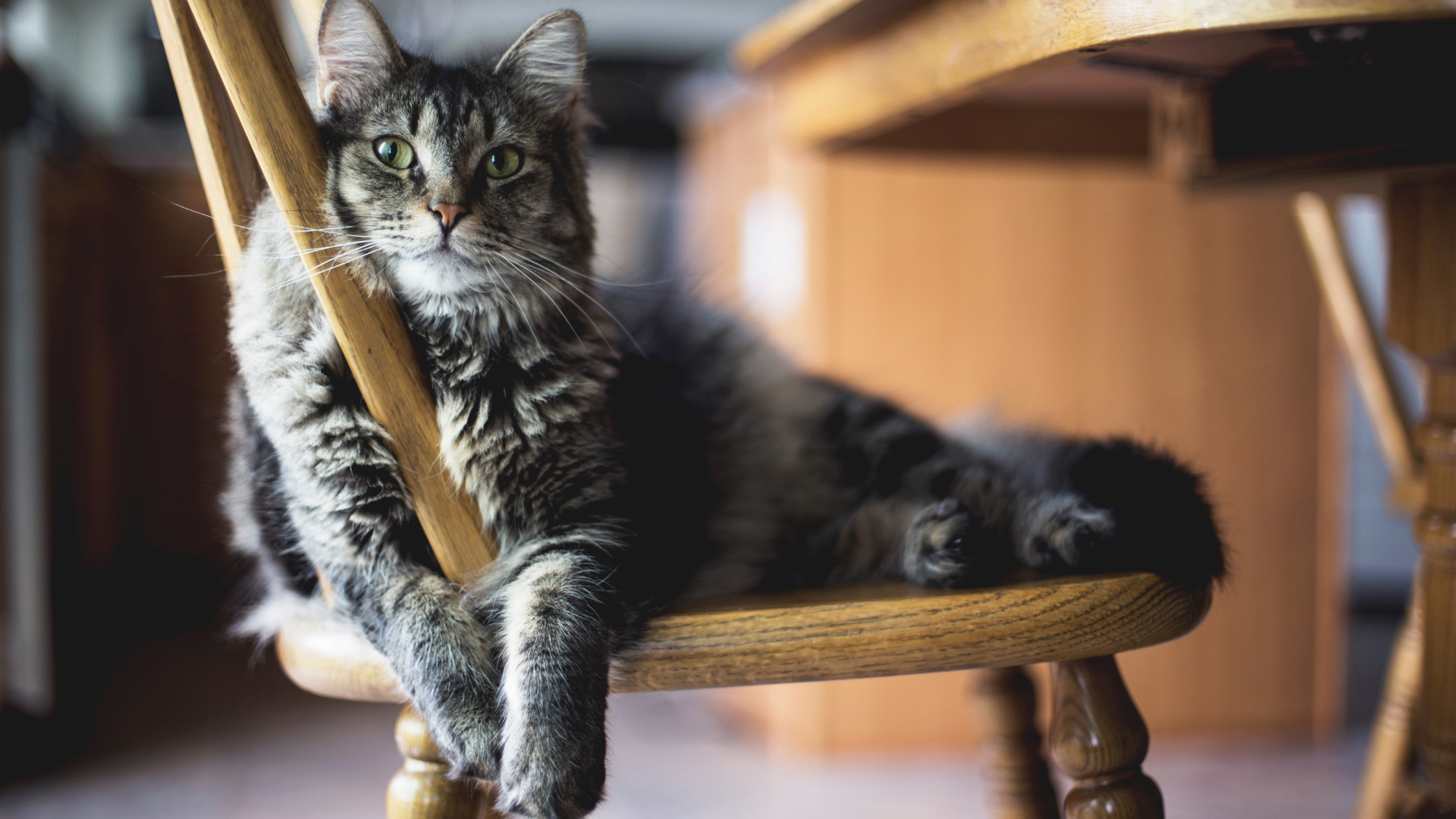The signs and symptoms of spring fever will vary between cats, but one of the most noticeable signs of spring fever in cats is a sudden surge of energy. The increased daylight hours and the stimulating scents wafting through the air, will entice cats to get up earlier, become more active and playful and spend more time outdoors in the sunshine.
While most cats adapt effortlessly and embrace the energy and excitement that spring brings, some cats may experience confusion or even stress as their environment undergoes rapid changes. And this can be exacerbated by the spring mating season, especially for those that haven’t been spayed or neutered.
Signs of restlessness or irritability, increased aggression, vocalisation, excessive grooming or changes in appetite, can all be subtle behaviour indicators for feline stress. Which, if not treated, can lead to health problems such as urinary tract issues and Herpes virus infections, which can cause conjunctivitis and upper respiratory symptoms.
